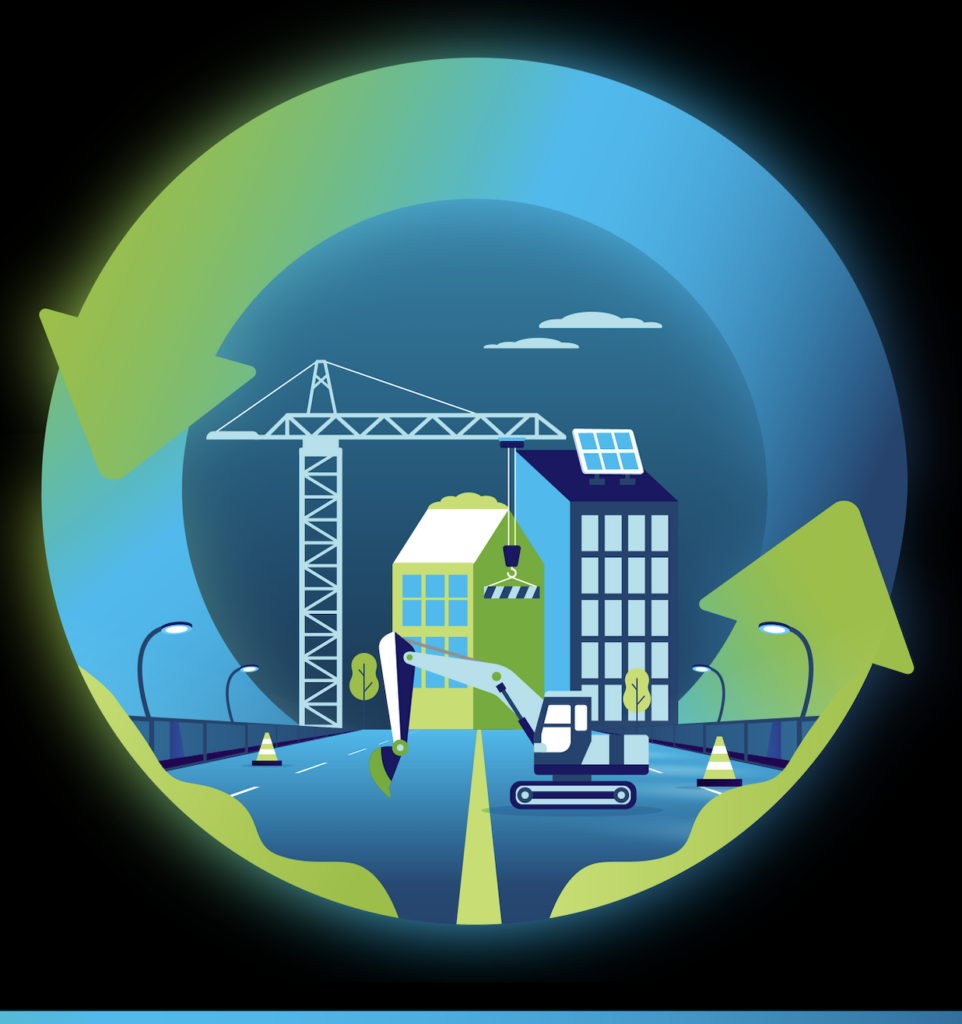ACCELERATOR
SEASON 4
CIRCULAR CONSTRUCTION
APPLY BY 30 APRIL 2024

Gear up for a transformative six-month acceleration program designed to fuel innovation in the construction sector, with valuable technical and market insights from Holcim and top-tier corporate partners. This year’s theme focuses on driving circularity within the construction industry. Aspiring startups worldwide are invited to put forth their groundbreaking ideas to revolutionize the sector. The participating startups will then have the opportunity to craft inventive solutions across various aspects of circular practices.
CORPORATE PARTNERS
DO YOU THINK YOU HAVE WHAT IT TAKES TO INNOVATE ON A GLOBAL SCALE?
WHY JOIN?
- Seize this opportunity to confront the challenge of circular construction and create next-level solutions that have an high impact
- Gain valuable real-world insights from top players in the industry, enhancing your understanding of current trends and best practices
- Network with experts and other stakeholders from the construction industry
- Benefit from high visibility as you present your solution
- Get the chance to implement your solution and collaborate with one or more corporate partners: Holcim, Amazon, Acciona, Bloomberg NEF, Cambridge Cleantech, EU Business School, Mott MacDonald, and Suez.
WHO CAN JOIN?
- Cutting-edge startups with the capability to devise new solutions or adapt their existing ones to address the theme of circular construction
SCHEDULE

CHALLENGES
-
1: Construction Waste Integration Challenge
Challenge Statement:
How can we foster the development of markets and supply chains to efficiently redirect construction waste to recyclers and/or concrete producers? In this challenge, startups are invited to explore innovative strategies to establish robust systems that enable the seamless return of construction waste into productive cycles.
Short Description:
The Construction Waste Integration Challenge aims to address key aspects of construction waste management. There are four critical points that we encourage startups to focus on when tackling the challenge. Each of these points contribute to the goal of creating a more sustainable and circular approach to construction waste.
- Market and Supply Chain Development: Proposals should focus on creating systems that enhance the traceability and reliability of waste flows.
- Quality Improvement of Construction Waste Streams: Solutions should aim at optimizing the separation and classification of materials to ensure that the waste stream is of the highest quality.
- Processing Parameters Optimization: This includes identifying ideal ratios, innovative mixing techniques, and implementing quality control measures to achieve a sustainable blend with new materials and robustness of the mixes.
- Exploration of Alternative Uses: We encourage startups to think beyond traditional recycling by identifying alternative uses for waste. Creative solutions may involve repurposing methods, innovative construction materials, or applications that contribute to a circular economy.
-
2: Cutting-edge Low-Carbon Concrete Challenge
Challenge Statement:
How can we innovate concrete production for sustainability? The goal is to discover transformative approaches that not only address the environmental impact of concrete production but also propel the industry toward circular practices and heightened resource efficiency.
Short Description:
The Cutting-Edge Low-Carbon Concrete Challenge invites startups to pioneer groundbreaking solutions in the realm of concrete production by focusing on the identification, utilization, and integration of new by-products and sustainable supplementary cementitious materials (SCMs). This multifaceted challenge addresses crucial aspects of sustainable construction practices.
- Identifying and Using New By-Products as SCMs: Identify environmentally friendly alternatives that contribute to the circular economy and reduce the reliance on traditional raw materials.
- Developing Markets and Supply Chains for Industrial By-Products: Solutions should enhance traceability, reliability, and sustainability in the supply chain.
- Increasing Proportion of Waste-Based SCMs in Concrete: Proposals should focus on optimizing the performance and characteristics of waste-based materials to meet or exceed industry standards while maximizing their waste reduction potential.
- New Mix-Design Enhancing the Use of Biochar in Concrete: Biochar, a sustainable and carbon-negative material, holds potential benefits for concrete properties, and participants are tasked with exploring and optimizing its integration.
-
3. Cement Recycling Challenge
Challenge Statement:
How can we innovate cement production for enhanced sustainability? The aim is to accelerate advancements in sustainable practices within the cement industry, fostering a circular economy and reducing environmental impact.
Short Description:
The Cement Recycling Challenge invites startups to revolutionize the cement industry by focusing on two critical aspects: developing processes to recover cement from waste concrete and changing the composition of cement to enhance recyclability. This challenge addresses key sustainability concerns within the construction materials lifecycle.
- Developing Processes for Cement Recovery from Waste Concrete: Proposals should outline methods for the extraction, purification, and reintroduction of cement from discarded concrete structures.
- Changing Composition for Improved Recyclability: Proposals should aim to identify alternative materials or adjust existing formulations to make cement more compatible with recycling processes.
-
4: Construction of Tomorrow Challenge
Challenge Statement:
How can we take construction technology to new heights for enhanced sustainability? This challenge provides an innovative platform for startups to explore solutions that can reshape concrete technology, reduce environmental impact, and enhance overall sustainability in the construction industry.
Short Description:
The Construction of Tomorrow Challenge invites startups to explore advanced sensors, data analysis, and predictive models to accurately evaluate essential aspects of concrete, optimize its usage, reduce the need for additional repairs or reinforcement, minimize the water footprint, and enhance sustainability through innovative applications.
- Advanced Sensors, Data Analysis, and Predictive Models: The goal is to enhance our ability to accurately evaluate crucial aspects of concrete, including structural integrity, durability, and performance over time, to feed the predictive models to optimize maintenance cost of infrastructure.
- Optimizing Concrete Usage and Reducing Repair Needs: The goal is to improve strategies and technologies for optimizing concrete usage, reducing repair needs, and extending structural lifespan.
- Reducing the Water Footprint: Proposals that contribute to sustainable water management in concrete-related processes.
- Lightening Structures with Biochar in Vegetalized Applications: Explore the benefits integrating biochar into construction systems to enhance structural properties while promoting sustainable, vegetalized urban environments.
- Improving Traceability in Demolition Processes: Proposals for better technologies, protocols, or systems that enable efficient tracking and documentation of materials for responsible waste management and recycling practices.
FAQ
-
How can I join the accelerator program?
To participate in the program:
- Fill out the registration form here by 30 April 2024
- If you are preselected you will receive an invitation to register on the accelerator platform (please check your spam folder)
- Create your profile on the platform and log on.
- Submit your solution idea (published project page on the platform) by 30 April 2024
-
What is the selection process for participants?
There will be two selection phases:
- 1-15 May selection based on your project page on the platform
- 16-31 May final selection based on interviews with stakeholders
-
What is the onboarding process, and when?
We will have onboarding sessions on 13 June, 2024. All corporate partners will be virtually participating, grouping several challenges from similar time zones across the globe. You will create and finalize your accelerator roadmap with your dedicated mentor teams. The selected startups will get together with the corporate partners to refine the action plan for the six-month program to address the challenge.
-
What is expected from the startups and corporate partners during the Sprint Days?
At the end of the Sprint Days startups and corporate partners are expected to deliver the following:
- A description of the action plan including a timeline.
- A 10-minute pitch
- Presentation Slides
-
What is the six-month accelerator program?
The selected startups will be developing their solution during these six months together with the corporate partners, following the action plan determined during the Sprint Days. Depending on each challenge, there will be external mentors available, follow-up meetings and online events.
-
What is expected from the startups at the end of the accelerator program?
At the end of the accelerator program startups are expected to deliver the following:
- POCs or pilot tests
- Detailed study of business cases
- A 10-minute pitch
- Presentation slides
-
What happens during the final Demo Days?
Startups will pitch their solution and showcase a demo of a MVP in front of different stakeholders at the end of the program. This will be a two-day on-site event at the Holcim Innovation Hub in Lyon, France. An exciting program is planned including the Opening & Closing ceremony and more.
-
Does my startup need to be linked to the construction industry?
No. It must be possible that your solution, if it fits, could become an enhancement of the construction industry. However, knowledge or previous experience with the industry is highly recommended.
-
What is the accelerator platform?
It is a virtual platform for selected startups to engage with experts and mentors, and access the challenge resources. You will also create and submit your solution project through this platform.
-
Who can join?
The Holcim MAQER Ventures Accelerator Season 4 is open to innovative startups with the capacity to develop a new solution or repurpose their existing solution around the theme of circular construction.
-
What is the deadline to apply for the program?
You have until the 30 April 2024 at 11:59 PM (CET) to submit your solution idea on the accelerator platform. A number of projects per challenge will be selected to continue the program starting with the Sprint Week.
-
Is there any funding during the accelerator?
Funding isn’t provided directly during the accelerator, so it’s important for your startup to be adequately resourced to participate. Nevertheless, you’ll benefit from:
- Free access to many R&D sites operated by our 8 global partners, situated in many parts of the world.
- In the accelerator, mentorship goes beyond just follow-up meetings. You can expect hands-on support for trials, testing, technical factors, and any other assistance you may need. We allocate human resources based on mentor availability, and based on past accelerators, this support has been substantial.
- Nonetheless, partners may already express interest in your project. It’s then your job to engage in discussions with your partners/mentors regarding the possibility of financial support to expedite your project. This support is contingent upon the business unit (BU) and budgets they have at their disposal.
-
What is the selection criteria?
- Does the solution address the challenge and chosen subtopic?
- What is the TRL level?
- Is the solution easy to implement?
- Does the solution have an impact on the partners business?
- Is the Life Cycle Assessment of the solution available?
- (For Final Demo Days: Development during the accelerator)
-
Why join the Holcim MAQER Ventures Accelerator Season 4?
- Seize this opportunity to confront the theme of circular construction and create next-level solutions that have an high impact
- Access real-world insights from the industry’s top players
- Network with experts and other stakeholders from the construction industry
- Benefit from high visibility as you present your solution
- Get the chance to implement your solution and collaborate with your corporate partners
-
Who owns the intellectual property of the projects?
The applicant retains sole and exclusive ownership of the intellectual property rights acquired prior to the program or that the applicant may develop or acquire thereafter. After the selection, an NDA will be signed between the selected startup and all the corporate partners of the accelerator. The NDA will cover all the work and type of results expected during the acceleration phase of six months.
-
If I have any other questions regarding the accelerator, who can I contact?
Please reach out to amandine@bemyapp.com with any questions regarding the organization of the accelerator program.
TESTIMONIALS
Romuald Vigier
CEO of Modulatio, France
“The season of the accelerator was both a fantastic opportunity to demonstrate the strengths of our technology and to establish first-rate professional and human contacts. Having been selected to participate, then having won, put our startup in the spotlight and greatly contributed to improve our credibility among many stakeholders.”
Vivian Tam
CEO of CO2 Concrete, Australia
“CO2 Concrete has gained invaluable experience under the Holcim Accelerator Program S3, not only from the technical perspective, but also the crucial criteria for business and commercialisation.”
Matthias Leschok
Saeki, Switzerland
“Our journey with Holcim accelerator has been transformative, uniquely positioning us at the forefront of innovation in the construction industry. The program’s access to diverse markets, top-tier mentoring from industry leaders, and opportunities for co-creation and pilot testing have been instrumental in our growth. We wholeheartedly recommend Holcim accelerator for its ability to blend entrepreneurial, business, and technical expertise, fostering significant advancements in our product development.”








